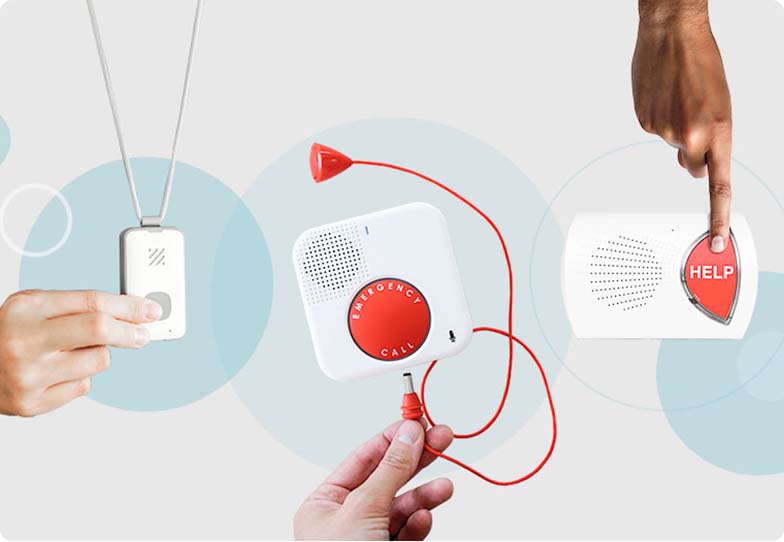Identity theft is a rapidly growing crime that can have serious consequences for individuals of all ages, including children. In this series, we'll start off by exploring the concept of identity theft, its potential impact on children, and the importance of implementing preventive measures that keep it from happening or at least limit the damage if it does.
According to its most basic definition, identity theft happens when a bad actor uses someone's personal information without consent—typically for fraud. Children are especially vulnerable targets for identity theft because they have clean credit histories and their personal information is often shared with various institutions, like schools and healthcare providers.




